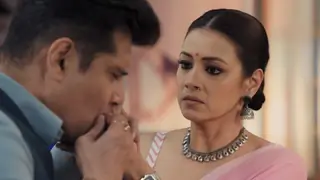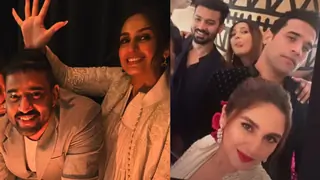this is fact from Wikipedia
Levirate marriage is a type of marriage in which the brother of a deceased man is obligated to marry his brother's widow, and the widow is obligated to marry her deceased husband's brother. Levirate marriage has been practiced by societies with a strong clan structure in which exogamous marriage, i.e. that outside the clan, was forbidden. It is or was known in many societies around the world. The practice is similar to widow inheritance, where, for example, the deceased husband's kin can dictate whom the widow may marry.
The term is a derivative of the Latin word levir, meaning "husband's brother".
Levirate was quite common in rural India until as recently as a few years ago, and is still practiced in certain parts of Punjab and Haryana. It is called "Latta Odhna" in the Jats of Haryana, Latta being the Haryanvi word for a cloth that women used to cover their heads and faces, and Odhna translating as "covering/wearing". This is also called "Chadar Dhakna" in other parts, Chadar being Hindi for Latta, and Dhakna being Hindi for Odhna.
The practice probably originated centuries ago in agrarian societies where vocational opportunities for women other than working at home were non-existent, and re-marriage or going back to the parents' home was not an option. Also the practice ensured and continues to do so that any land or property owned by the deceased husband would continue to stay in the family. To ensure this if the widow did not have any male progeny and a levirate was not possible she would also be made to adopt a nephew of her husband. The commoner practice was for the widow to be married off to an unmarried younger brother—-a custom referred to as Niyoga. The ceremony was generally a low-key affair where families from both the widow and the husband's side got together and came to the decision without any of the fanfare that was generally associated with weddings.
In recent years, the levirate has all but disappeared except from the remote rural areas.
























